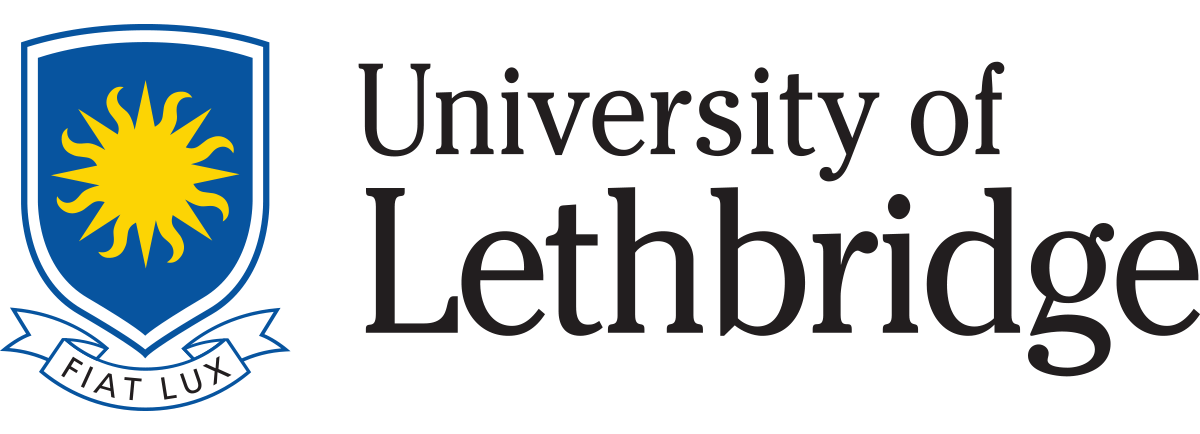Citation:
Abstract:
The effects of chronic exposure to waterborne Cd and elevated dietary Ca, alone and in combination, were examined in juvenile rainbow trout, Oncorhynchus mykiss. Fish were chronically exposed to 0.05 (control) or 2.56 microg/l Cd [as Cd(NO3)2*4H2O] and were fed 2% body mass/day of control (29.6 mg Ca/g) or Ca-supplemented trout food (52.8 mg Ca/g as CaCl2*2H2O). Cd accumulated mainly in gill, liver, and kidney. Waterborne Cd inhibited unidirectional Ca uptake from water into the gill and induced hypocalcemia in the plasma on day 40. Waterborne Cd also induced an elevated Ca concentration on day 20 in the gill tissue of trout fed the Ca-supplemented diet and a decreased Ca concentration on day 35 in the gills of trout fed the control diet. Dietary Ca protected against Cd accumulation in gill, liver, and kidney, but did not protect against the inhibition of Ca uptake into the gill or plasma hypocalcemia. When fed Ca-supplemented diet and exposed to waterborne Cd, fish showed 35% mortality, compared to 0-2% in control fish and in the Cd-exposed fish with normal Ca in the diet. Growth, on the other hand, was not affected by any treatment.
Notes:
Record Number: 1701Department of Biology, McMaster University, 1280 Main Street West, L8S 4K1, Hamilton, ON, Canada1532-0456


